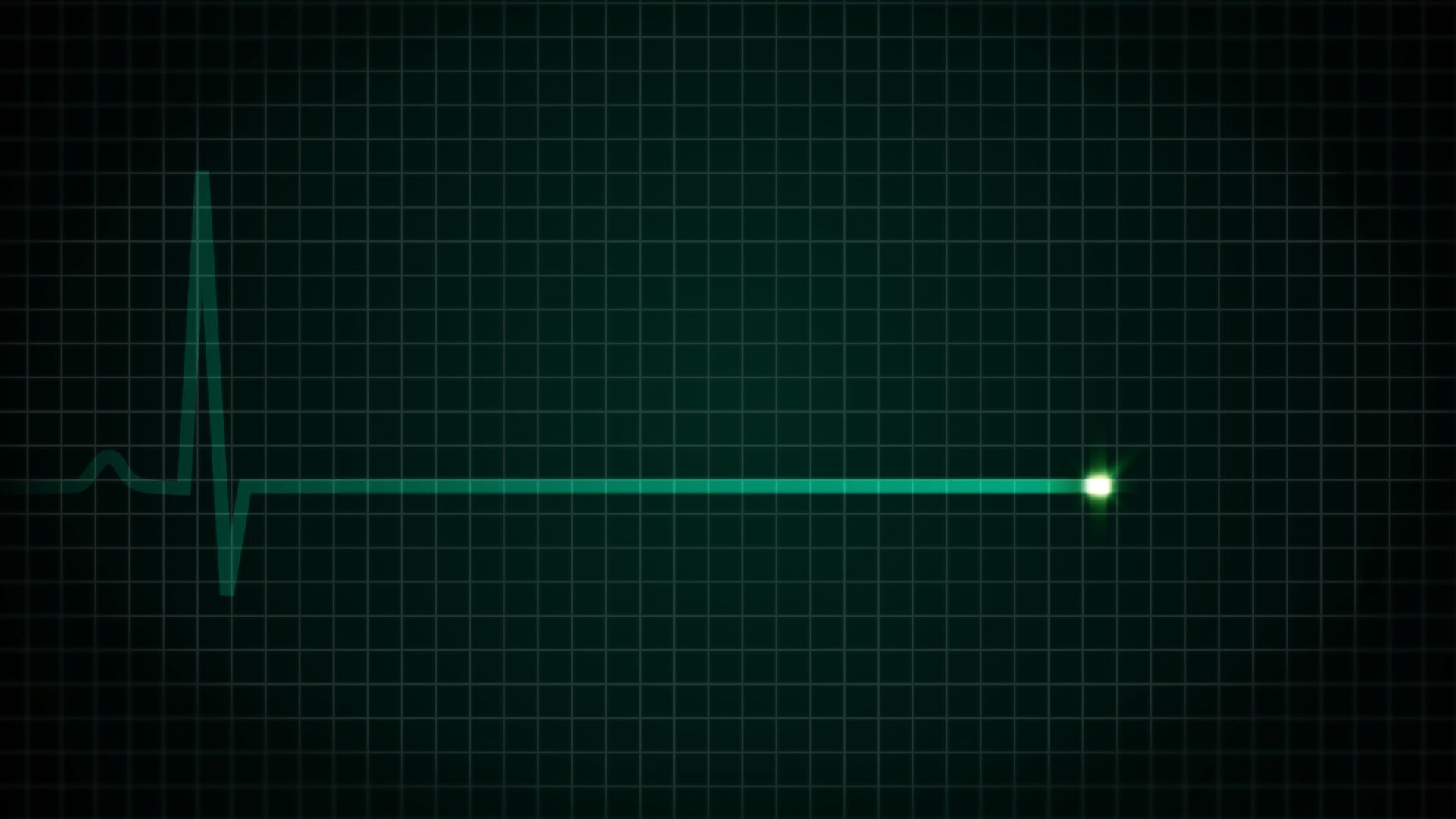What is Bradycardia
Bradycardia Pronunciation: brad-ē-ˈkär-dē-ə
Definition: Bradycardia is a medical condition where the heart beats slower than normal, usually defined as a heart rate of fewer than 60 beats per minute in adults. While bradycardia can be asymptomatic and harmless in some individuals, it can also cause symptoms like dizziness, fatigue, shortness of breath, and chest pain, or indicate an underlying medical issue.
Frequently Asked Questions About Bradycardia
What causes bradycardia?
There are several potential causes of bradycardia, including:
- Age-related changes in the heart.
- Heart disease or damage to the heart’s electrical system.
- Certain medications, such as beta-blockers and calcium channel blockers.
- Metabolic disorders, like hypothyroidism.
- Infections like Lyme disease or Chagas disease.
- Sleep apnea or other sleep disorders.
- Imbalance of electrolytes, such as potassium or calcium.
When should I seek medical help for bradycardia?
If you experience symptoms like dizziness, fainting, shortness of breath, chest pain, or confusion, along with a slow heart rate, you should seek medical help immediately. These symptoms may indicate a serious underlying condition that requires prompt treatment.
How is bradycardia treated?
Treatment for bradycardia depends on the underlying cause and the severity of the symptoms. In some cases, no treatment may be necessary. However, if the bradycardia is caused by medication, a healthcare provider may adjust the dosage or prescribe a different medication. In more severe cases, the patient may require a pacemaker to regulate their heart rate.
More Articles





